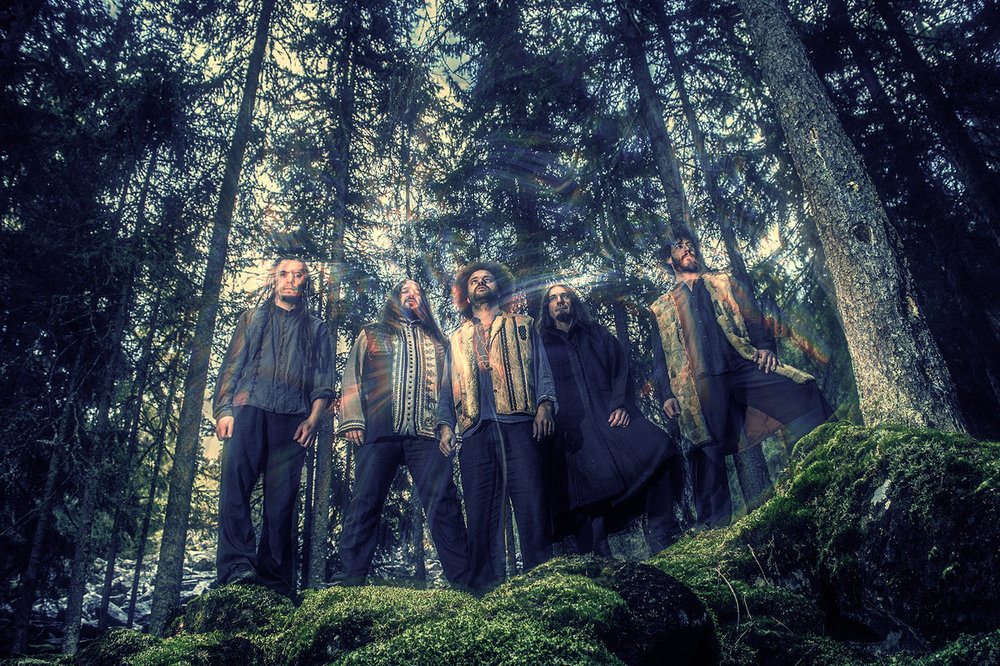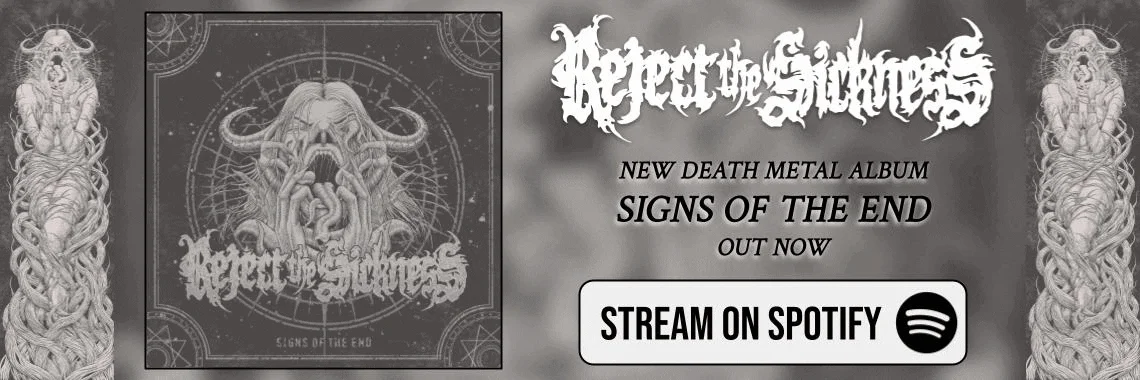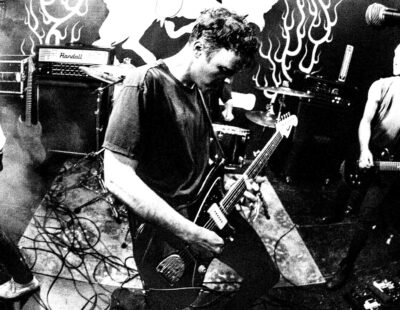
Romanian shapeshifters Negură Bunget have a long history of exporting the sonic traditions of Eastern Europe through black metal, though not nearly so long a history as their influences. The third and fourth records to bear the Negură Bunget brand – 2002’s ‘N Crugu Bradului and 2006’s OM – are widely appreciated as exemplary statements in a subgenre sometimes overrun by dabblers and their silly posturing. More recently, the latest incarnation of the band has embarked on a Transylvanian trilogy, beginning with last year’s Tau and continuing through this year’s Zi and a forthcoming final chapter. The trilogy is meant to explore the various elements of deep traditional life in the band’s homeland.
We asked main man Negru a few questions about the current state of the band and their direction. A track-by-track analysis appears in Decibel’s December 2016 issue (Issue #146, Phil Anselmo cover), but here we’ll provide you with the remainder of Negru’s responses. Also, check out some track’s from Negură Bunget’s Bandcamp page.
As you developed the music into its modern heavy version, how do you feel the distortion of the electric guitar and heavy percussion fits into the much older instrumentation and approach to music?
All this evolution was rather slow and natural for us, so it just feels normal, even if for outsiders it might seem as completely different. I think we must step forward and take the past into the future at a symbolic level in a contemporary form of expression. We always follow our instincts, and where we end up is a mystery…
Do you feel there are any direct ties from material on Zi to the music on Tau?
I think the concept behind the trilogy is so strong that all the rest of the elements gravitate around it. How that translates though into music is always a surprise. Although we start with some general ideas on how it should sound, that always changes in the end. For Zi it was surprisingly how some of the atmospheric parts came out, but it was a really cool kind of surprise.
As you continue to explore both traditional and heavy music, what still excites you about creating this kind of music?
The balance between aggression and atmosphere was always the key in our music. Adding different layers, instruments, and opening new perspectives has been a constant in our evolution also. I guess when you lose this excitement of starting something new, of taking another adventure it’s time to change things.
Did your experience creating Tau have any direct impact on what you wanted to do with Zi? Did you do anything differently specifically because of your work on Tau? Do you have even more different ideas now, after you work on Zi, that will lead you through to the next album? Or are these recordings all part of one fabric for you?
We have lots of ideas for the last part of the trilogy. The lack of ideas is really never a problem for us. Too many ideas, on the other hand, is a problem most of the times. We already have lots of parts and even entire songs after finishing the first two parts. But that doesn’t mean we’ll use them, necessarily, on the last part. Once something doesn’t find its proper place form the very beginning it’s hard to find it later.
How difficult is it to arrange time for all the members to take part in the recording process?
It’s not that difficult, actually. We’ve been getting better and better with planning over the years, and in the last couple particularly, so we had the whole trilogy planned well from the very beginning. And we managed to keep with the plans also, which is always the difficult part. For Zi, we did a writing and pre-production session, and then the recordings took place a few months later. As we used our studio again for the whole production, we had no time limitations, which always give us room to explore and experiment.
Zi is out now on Prophecy.






